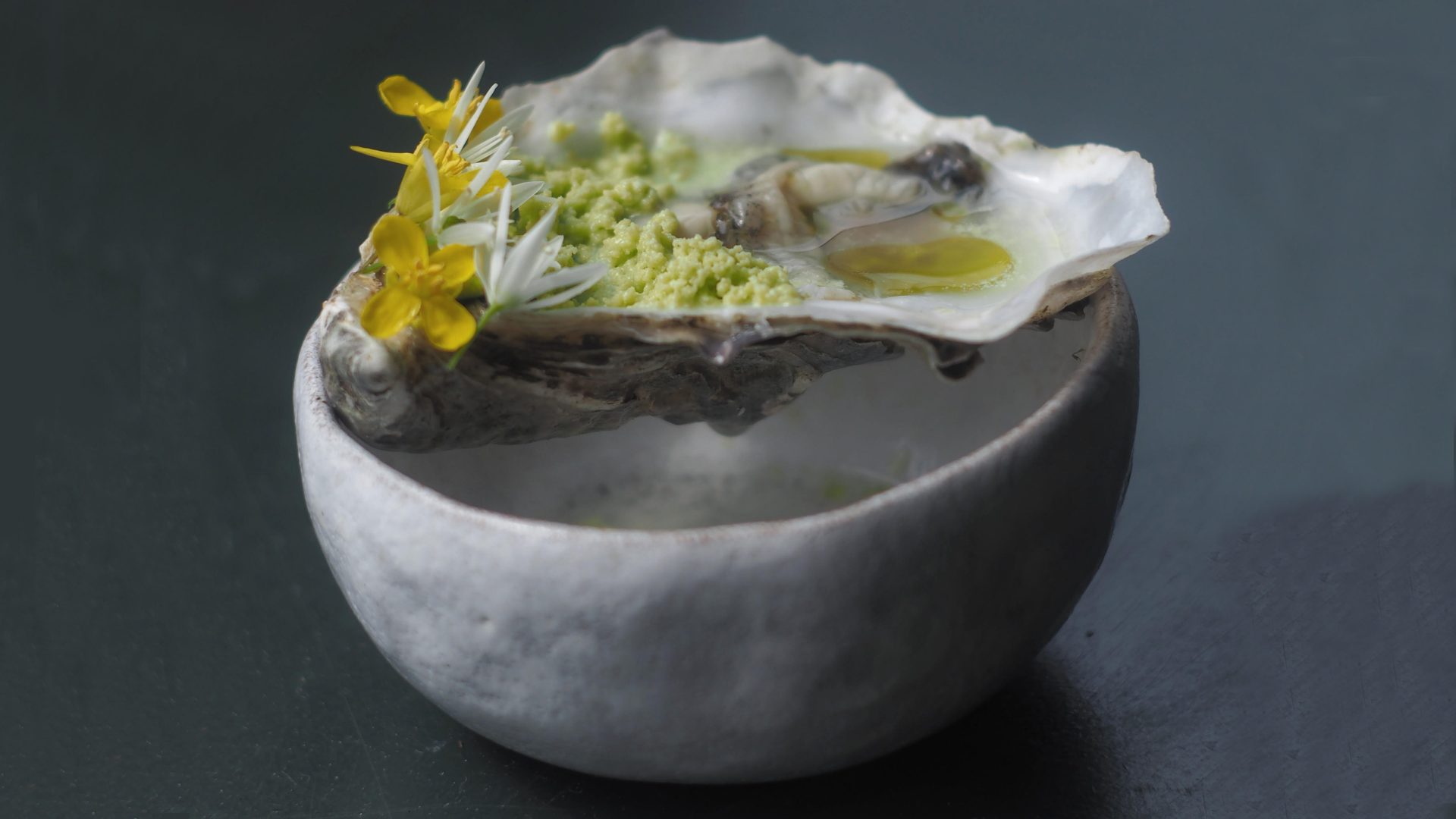The first contact we know of between the Latin language and the Brittonic Celtic ancestor of modern Welsh happened during the famous but brief exploratory Roman expeditions to England led by Julius Caesar in 55 and 54BC. The second of these took Caesar and his armies across the Thames into Middlesex and possibly as far north as Hertfordshire.
The contact then greatly intensified after the full 43AD Roman invasion of
Britain, and continued until the Roman legions pulled out of Britain in and after 410.
According to the Dutch linguist Prof Peter Schrijver, during the course of those four centuries of Roman occupation, parts of England ceased to be monolingual Celtic-speaking, though the linguistic consequences of Latin-Brittonic language contact in Britain after 43AD differed as between the lowland and highland areas of the island.
The outcome in the lowlands of England resembled what had happened in Gaul (northern France). As a consequence of the Celtic-Latin bilingualism which grew up over the decades, a specifically British, Brittonic-influenced form of colloquial Latin developed in many areas. This British Latin was extremely widely used both as a native language and as a lingua franca by Romanised Celts, especially the upper classes, alongside Brittonic Celtic, and would probably have ended up turning into something like Old French if it had survived.
British colloquial Latin also continued to be spoken by Romanised Celts well after the fifth-century Anglo-Saxon incursions had begun. Archaeological evidence indicates the persistence of a Romano-British lifestyle in the west of England far into the fifth century, and Schrijver even writes of spoken Latin lasting into the 600s, particularly in the highlands of the north and west of England. Here large numbers of Latin-speaking refugees from the lowland zone arrived during the 400s-600s AD, fleeing from (or at least moving out of) territory occupied by the Anglo-Saxon newcomers.
In his book The Regional Diversification of Latin, Prof James Adams says that one important source of information about what this colloquial British Latin was actually like linguistically comes from archaeological discoveries of “curse tablets”. One of the most significant finds involving these objects was the unearthing, in Bath, of 130 or so such tablets dating to between 100 and
400AD. These metal tablets had been deposited in a spring which was sacred to the goddess Sulis, and were inscribed with pleas for her to bring down afflictions upon those who had stolen property from the curse-writer and to help return it.
Another source of these tablets was a major find at the site of a rural shrine in Uley, Gloucestershire, where one of the tablets read, approximately: “May Mercury exact vengeance by removing blood and health from the person who has stolen those gloves so it may as quickly as possible be evident to them what we are asking of the god Mercury”.
These tablets were often written by uneducated British people, in a British
Latin which we can suppose would have been typical of the lower social class dialects spoken by Britons, whether as a first or second language. Any second-language Latin was more likely to have been learned from contacts with ordinary soldiers speaking Vulgar or Colloquial Latin than from higher-class officials. For example, uxor “wife” is written “ussor”.
UXOR
Latin word uxor “wife” does not survive in modern Romance languages, where forms like French femme (from femina), and Italian moglie (from mulier) are used instead – except that Romanian însura “to marry (of a man)” does come from the word inuxorare “to take a wife”. English has uxorious “devoted to a wife”.




